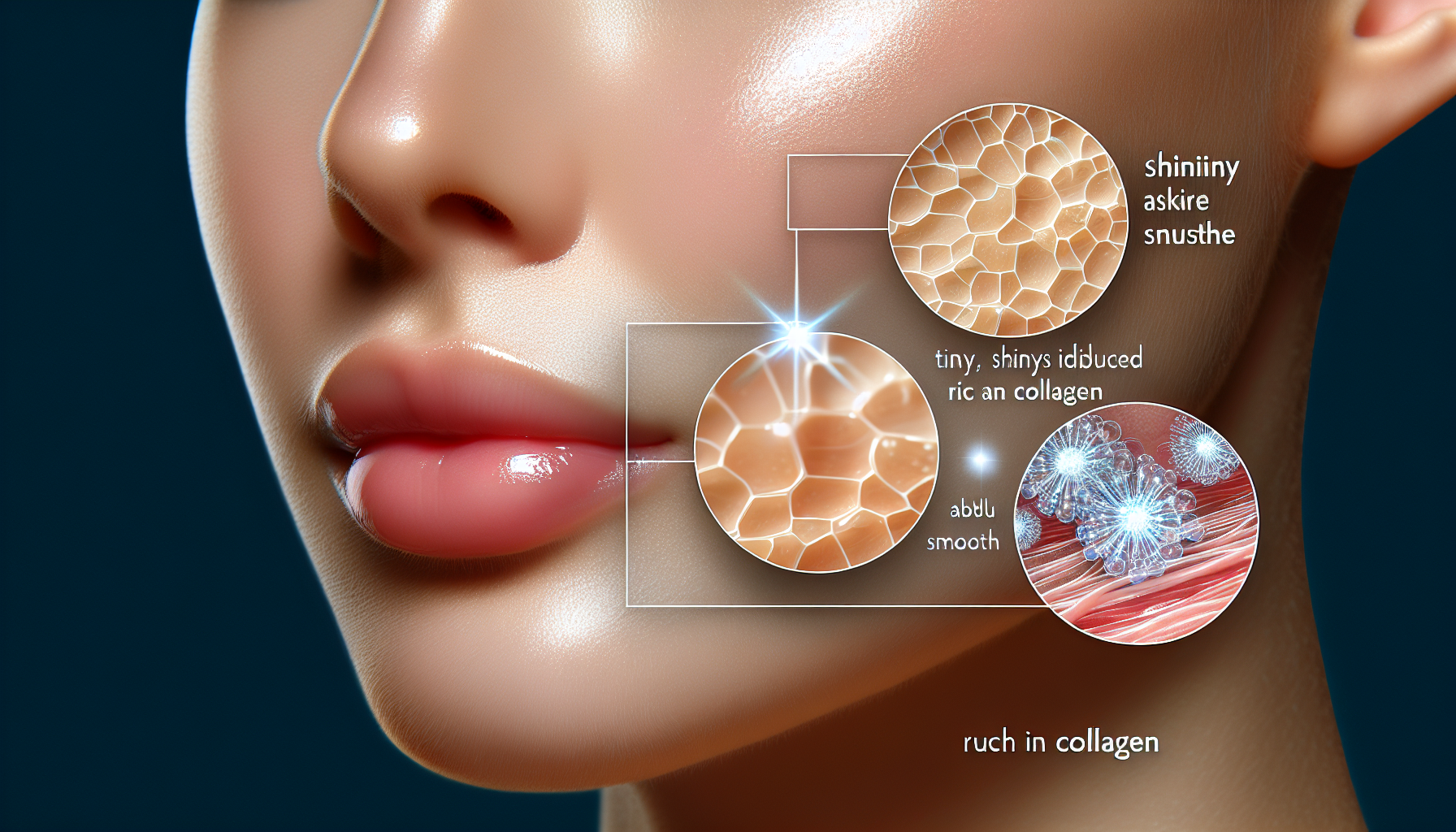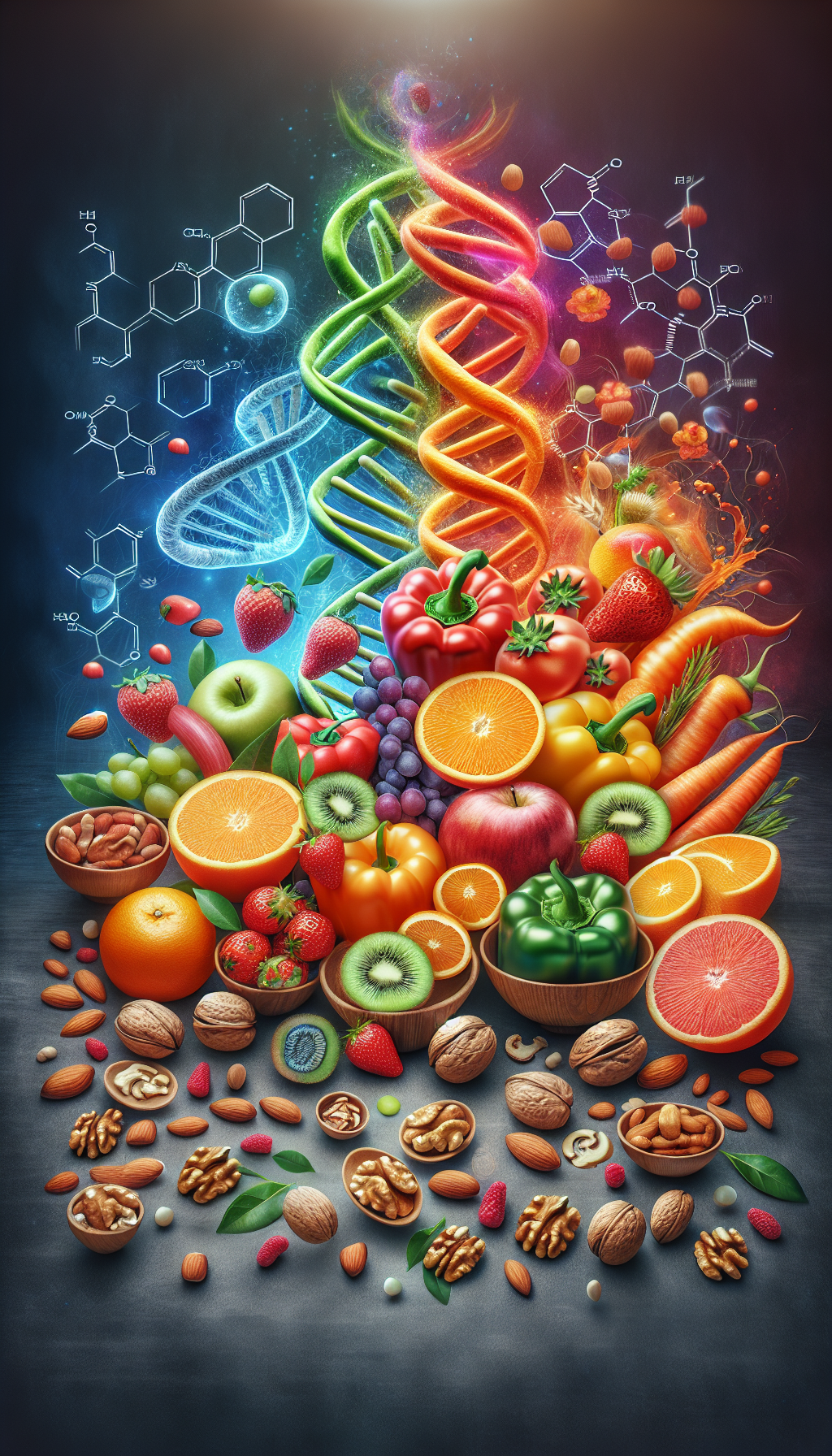Collagen is the most abundant protein in the human body and serves as the main component of connective tissues that make up several body parts, including tendons, ligaments, skin, and muscles. Its role in maintaining skin health and a youthful appearance is paramount, acting as a vital building block for elasticity, hydration, and regeneration of skin cells.
Understanding Collagen and Its Functions
Collagen provides structure to the skin, helping to maintain firmness and smoothness. As we age, the body’s natural collagen production declines, leading to common signs of aging such as wrinkles, sagging skin, and a lack of moisture. The reduction of collagen levels is influenced by various factors, including genetics, environmental stressors, and lifestyle choices.
Environmental factors, such as prolonged exposure to the sun, can accelerate collagen breakdown, leading to premature skin aging. To understand the protective measures against such environmental stressors, the article "How to Protect Skin from Pollution and Environmental Stress" offers valuable insights on safeguarding skin health.
Lifestyle choices, like diet and nutrition, also have a significant impact on collagen levels. For instance, the consumption of sugar and refined carbs can damage collagen through a process called glycation. On the flip side, certain foods can help to boost collagen production. For more information on nutrition that supports skin health, consider reading "Nutrition and Skin Health: What to Eat for a Glowing Complexion".
The Age-Related Decline of Collagen
From around the age of 25, the body starts to produce less collagen, and the quality of collagen diminishes. This natural process can result in the appearance of fine lines and wrinkles and a decrease in the overall plumpness and elasticity of the skin. As such, it becomes increasingly important to support the body’s collagen levels through diet, lifestyle, and skincare practices.
Supporting Collagen Production and Preservation
There are several ways to support collagen production and preserve its levels in the skin:
- Diet: Consuming a diet rich in vitamin C, proline, glycine, and copper can support collagen production. These nutrients are found in citrus fruits, berries, chicken, beef, and leafy green vegetables.
- Skincare Products: Using skincare products that contain retinoids or peptides can stimulate collagen production. Hyaluronic acid is another ingredient that can help retain moisture and enhance the skin’s appearance.
- Supplements: Collagen supplements, often in the form of hydrolyzed collagen, can be ingested to provide the body with the amino acids necessary for collagen synthesis.
- Professional Treatments: Laser therapy, microneedling, and ultrasound treatments are professional options available that can stimulate collagen production in the skin.
For a more detailed exploration of how hydration plays a role in skin health, particularly in the context of collagen preservation, the article "The Role of Hydration in Maintaining Skin Health" is an excellent resource.
External Resources on Collagen and Skin Health
To further understand the intricate relationship between collagen and skin health, several high-quality external resources can be consulted:
- The International Dermal Institute provides a wealth of information on skin health, including research on the role of collagen in skin aging.
- The American Academy of Dermatology offers guidelines and clinical research on various treatments that can boost collagen in the skin.
- The Skin Cancer Foundation provides insights into how protecting the skin from UV radiation can preserve collagen and prevent premature aging.
These resources offer in-depth knowledge about the importance of collagen for skin health and practical tips for maintaining collagen levels.
The Future of Collagen Research
Research into collagen and its impact on skin health is ongoing, with new discoveries and technologies continually emerging. Advances in genetic research may eventually allow us to understand individual collagen degradation patterns and tailor specific interventions. Nanotechnology is another exciting field that could enable the targeted delivery of collagen-stimulating ingredients to the skin.
Conclusion
Collagen is an essential protein that keeps our skin looking youthful and healthy. While the body’s natural production of collagen decreases with age, there are numerous ways to support and stimulate its production, from diet and skincare to professional treatments. By protecting and enhancing our body’s collagen, we can maintain firmer, more hydrated, and healthier skin well into our later years.
For those looking to integrate more comprehensive skin health practices, exploring further resources and consulting with dermatologists can provide personalized advice and advanced care strategies. Remember, the health of our skin is not only about appearance; it is also a reflection of our overall well-being.



